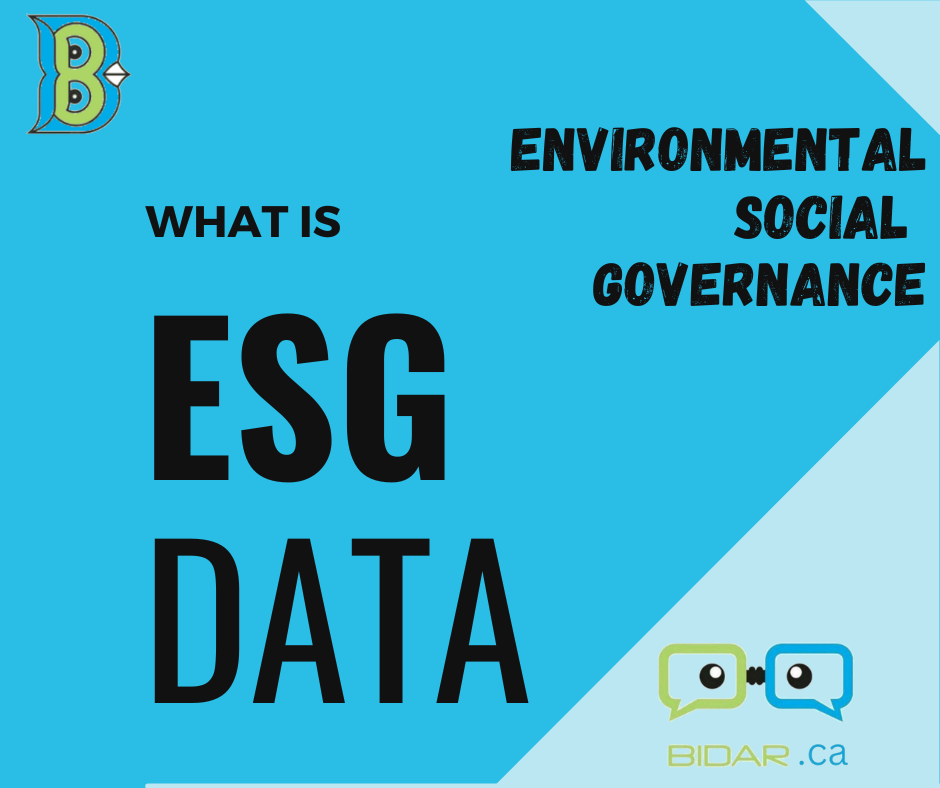
What is ESG Data?
ESG Data, standing for Environmental, Social, and Governance, represents the three essential components that companies utilize to assess their environmental sustainability and operational governance. Measuring and reporting ESG data fosters transparency and accountability, enabling companies to appeal to investors, employees, and customers.
Benefits of ESG Data:
ESG is instrumental in achieving a company’s environmental, social, and governance objectives. Sharing credible ESG data contributes to business growth, establishes trust with potential investors, and opens up new opportunities. Additionally, ESG data enhances employee satisfaction, productivity, and customer loyalty, aligning with the company’s overall mission.
What is an ESG Score?
An ESG score measures a company’s performance across environmental, social, and governance factors. It provides a comprehensive evaluation of how well a company aligns with ESG principles.
What is ESG Reporting?
ESG reporting involves sharing ESG scores and data with investors, business partners, employees, and customers to enhance transparency and promote corporate sustainability. Reporting benefits include influencing investment decisions and showcasing a company’s commitment to reducing its carbon footprint.
Components of ESG Reporting:
- Environmental (E): Focuses on a company’s energy usage, carbon emissions, conservation efforts, animal treatment, and water usage.
- Social (S): Evaluates social interactions, diversity, inclusivity, employee contributions, work expectations, gender equality, and customer satisfaction.
- Governance (G): Examines how a company manages its business activities, including internal conflicts, regulatory compliance, and adherence to standards.
Difference Between ESG Data and ESG Reporting:
ESG data refers to the information collected, while ESG reporting involves sharing this data. Reporting enhances transparency, builds trust, and holds companies accountable, making it crucial for investors to make informed decisions.
Why ESG Data Matters:
ESG data contributes to corporate sustainability by fostering trust, transparency, and accountability. Investors can make well-informed decisions based on accurate numerical data, ultimately benefitting both the environment and the company.
Steps to Success in Using Your ESG Data:
- Strategy: Align your company’s mission with your ESG reporting strategy to enhance your overall ESG score.
- Approach: Constantly assess and adjust your carbon footprint reduction plan to ensure its effectiveness.
- Implementation: Seamlessly integrate ESG values into your company’s practices rather than viewing them as a checklist.
- Assist: Continuously share your ESG scores, demonstrating commitment to sustainability.
- Ensure: Stay ahead of potential issues, ensuring accuracy and up-to-date calculations for your ESG data.
In summary, committing to measuring and sharing ESG data enhances trust, increases revenue, and opens new business opportunities, ultimately contributing to corporate sustainability and success.

 Business Intelligence: A Strategic Asset for Modern Companies
Business Intelligence: A Strategic Asset for Modern Companies  The Crucial Role of Business Intelligence Developers in Empowering Decision-Making
The Crucial Role of Business Intelligence Developers in Empowering Decision-Making  Protected: How to Fix Slideshow Arrows on Shopify Theme Liquid
Protected: How to Fix Slideshow Arrows on Shopify Theme Liquid  What is inside Google Tag Manager?
What is inside Google Tag Manager?